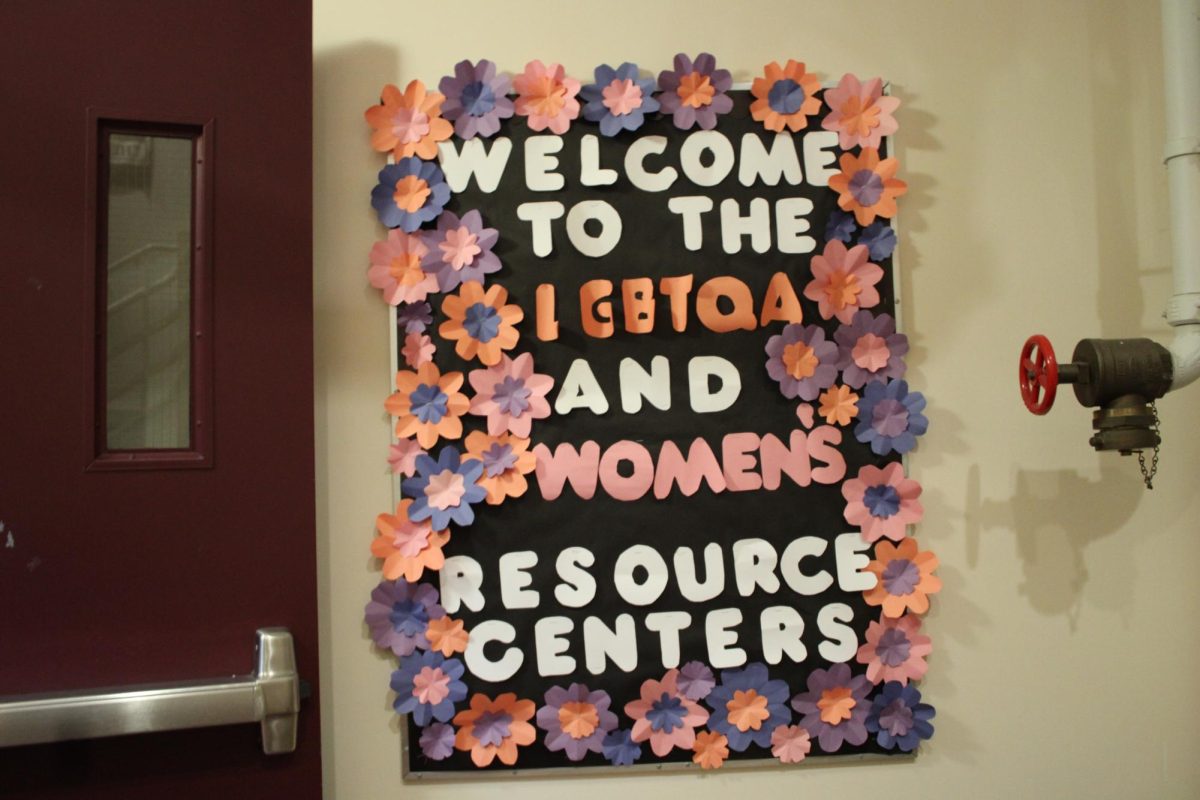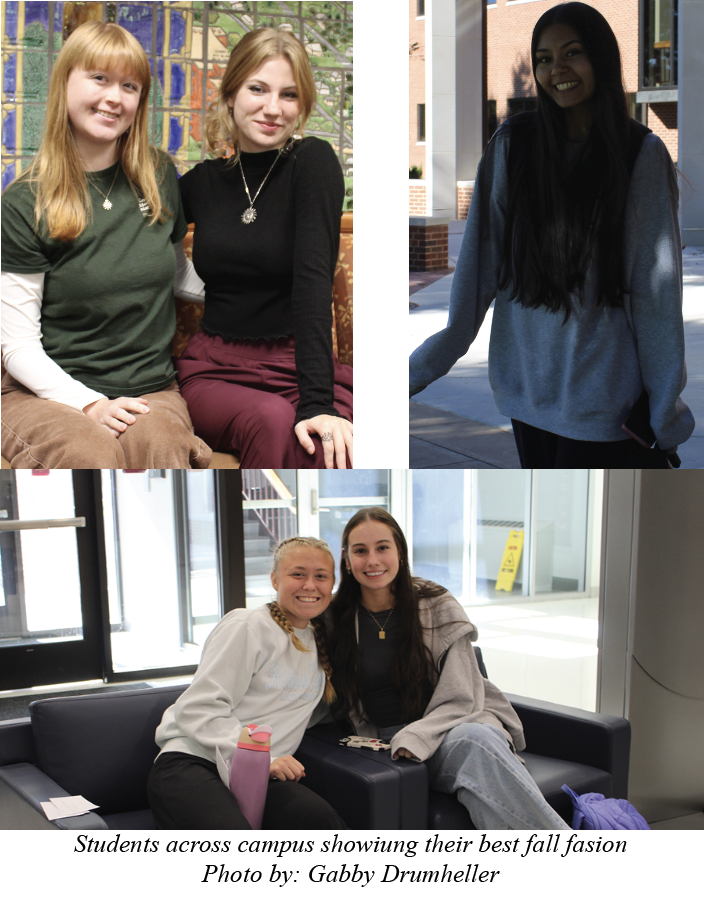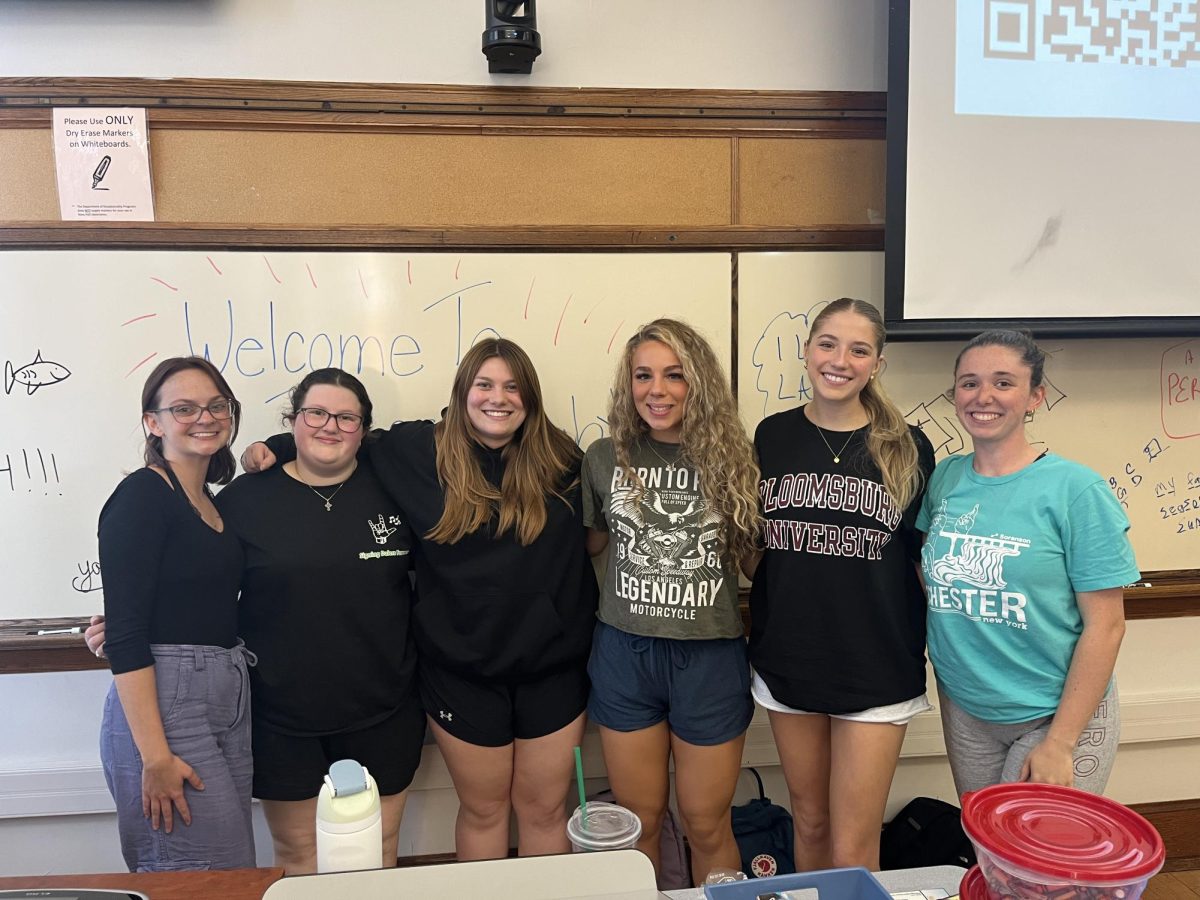
What happened:
First-year and senior students’ have been inundated with emails from the University to take the National Survey of Student Engagement (NSSE), with the goal of collecting information about how students spend their time, the value of interactions with faculty, other students and staff, as well as the quality of engagement with organizations and activities on campus.
Why it matters:
Eric Foster, from Strategic Communications, claims “as part of the process, NSSE provides aggregate-level results back to the campus which includes comparisons against peer groups, other schools within the Pennsylvania State System of Higher Education, and all institutions that participated during this administration cycle.” These surveys are collecting data straight from the source – students.
This gives students a chance to state their real opinions on how things are going. This means that depending on the results, real changes can be made on campus.
Background:
The results provide an educated guess of how undergraduate university students are spending their time, and what they are gaining from their college experience. Foster also explains that the aggregate-level results are shared with the university community, which are then used for institutional improvement. He states “specifically, the NSSE results that have been used in the most recent strategic planning process, have led to multiple professional development opportunities for faculty and staff, and were used in the recent Middle States report.”
NSSE was originally developed by Indiana University – Bloomington in 2014. The survey is distributed to first year and senior students. Foster, who has also been working with NSSE, states “it’s administered by hundreds of postsecondary institutions every year.”
According to the NSSE website, it makes use of 5 categories. These categories include “(1) participation in educationally purposeful activities, (2) institutional requirements and the challenging coursework, (3) perceptions of the college environment, (4) estimates of educational and personal growth, and (5) background and demographic information.” The topical modules and questionnaire are then reviewed and edited each year to stay up to date regarding relevance to student learning, terminology and forms of engagement.
In regard to Commonwealth University, John M. Abplanalp, is the Director of Institutional research. His contact information resides in each email, and it’s recommended that students reach out to him with questions or concerns.























